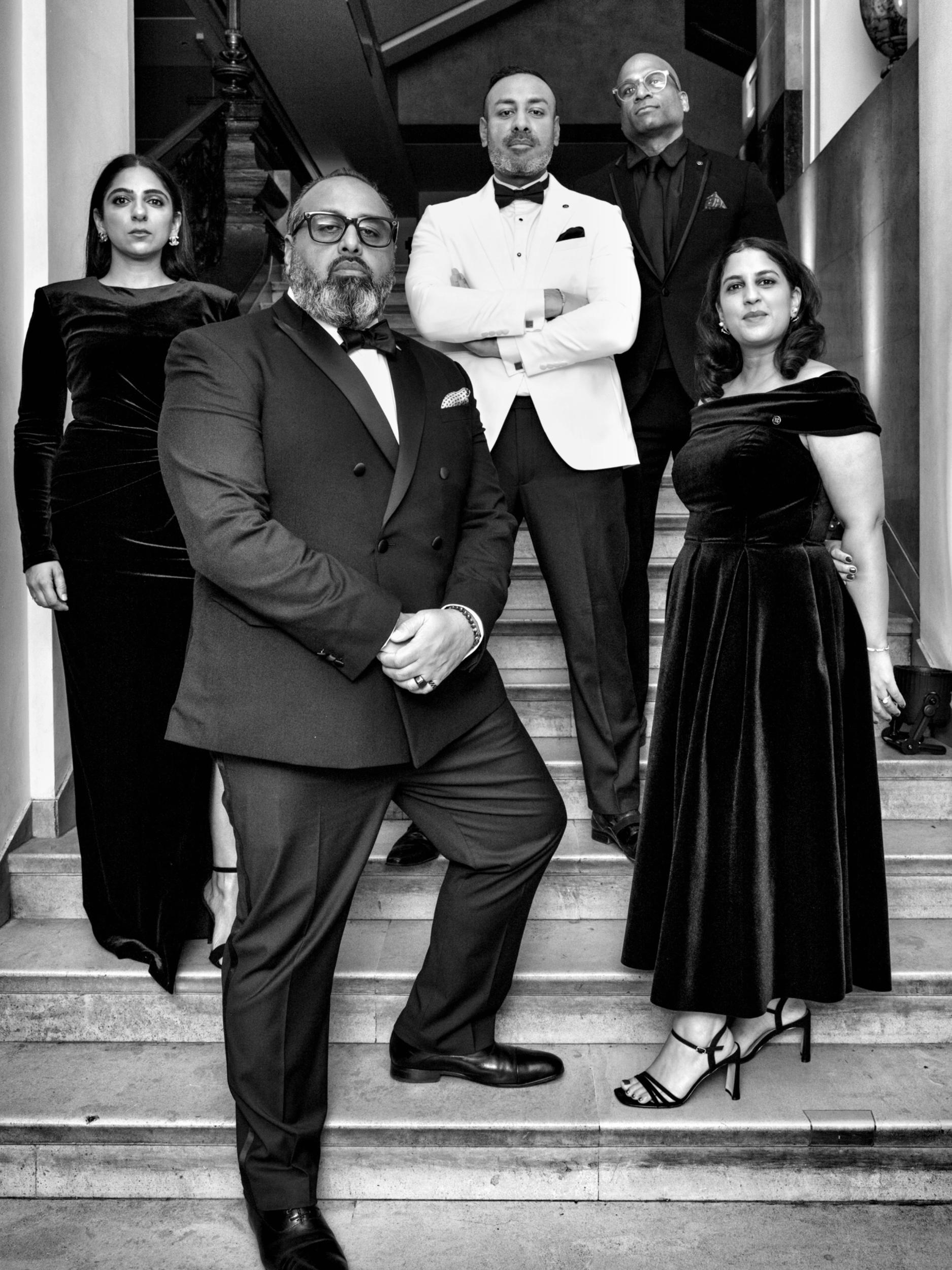When Hina Rizvi decided at the age of five that she wanted to become a lawyer, few could have predicted that decades later she would be at the intersection of law, technology, and music – building tools that empower artists across the globe. Today, the Canadian lawyer and founder of SongProof is challenging one of the most persistent problems in the creative industries: how to protect your art without breaking the bank.
Rizvi’s career has always been defined by precision, passion, and purpose. After studying Economics and Psychology at the University of Toronto, she moved to London, where she graduated in the top one percent of her class with a First Class LLB Honours Degree from the University of East London at just 22. By 23, she had passed the notoriously difficult New York State Bar Exam, and soon after became dual-qualified to practice law in both Canada and the United States.
For the past sixteen years, she has led her own firm, Rizvi Legal Professional Corporation, in Ontario. Her team handles everything from entertainment and intellectual property law to real estate, family law, and civil litigation, including a $70 million dollar case. Known for her strategic and compassionate approach, Rizvi has earned a reputation for making law accessible without compromising excellence – a philosophy that underpins everything she does. But it’s her work with SongProof, a blockchain-based music copyright tool, that’s set to be a global game-changer.
The idea for SongProof came from years of watching artists struggle to protect their work. “I’ve seen so many talented musicians feel discouraged,” Rizvi says. “Not because they lacked creativity, but because they didn’t have access to affordable tools or the right information to safeguard their music.” Her goal was simple but radical: give artists control over their creations from the moment of inspiration. That vision led to SongProof, a platform that uses blockchain to create an immutable, timestamped record of authorship – a kind of digital “receipt” that can prove who made what, and when.
“I like to describe it as sealing your song in an envelope, stamping it with the date and time, and storing it somewhere no one can ever tamper with,” she explains. “It’s like a universal post office in outer space.” With a few clicks, artists can upload their songs and instantly receive a blockchain certificate of authorship, verified on both the Bitcoin and Polygon networks. The process takes minutes — and costs a fraction of traditional copyright filings, which can run into hundreds of dollars and take weeks or months to process.
Traditional copyright systems were designed for a different era — one where publishing music involved record labels, physical copies, and centralised databases. SongProof brings that protection into the modern world, offering borderless, low-cost security that can be accessed from anywhere. “SongProof doesn’t replace copyright registration; it complements it,” Rizvi notes. “What it offers is instant protection— a first line of defence that empowers artists before legal disputes ever arise.”
Unlike older systems, SongProof also prioritises privacy. The platform never stores or shares the actual music files. Instead, it generates a cryptographic fingerprint – a digital hash – that proves authorship while keeping the content secure. “Your music remains private; your proof is public,” Rizvi says. “It’s the perfect balance of security and transparency.”
The response from the creative community has been overwhelmingly positive. Educators, entertainment lawyers, and independent artists alike have hailed SongProof as “the missing piece” between artistry and legal protection. For Rizvi, that validation means everything: “Artists have always been the most vulnerable part of the music ecosystem. SongProof helps change that power dynamic.”
Rizvi’s ambitions for SongProof extend beyond music and beyond borders. The platform is already exploring applications for lyrics, poetry, photography, film scripts, and other forms of creative work. “The technology is universal,” she says. “Anything that can be expressed digitally can be protected through SongProof.”
Her passion for accessibility is deeply personal. Having worked in intellectual property law across multiple countries, she’s seen the inequities firsthand. “In many parts of the world, copyright enforcement is weak or inaccessible. SongProof bypasses those barriers entirely. With blockchain, your proof of ownership is global.”
It’s no wonder that industry observers are calling Rizvi’s initiative a “game-changer” for independent artists — particularly in regions where legal frameworks are slow to evolve.
Outside her work, Rizvi is known for her diverse interests — swimming, horseback riding, yoga, and travelling — pursuits that reflect her belief in balance and exploration. Fluent in English, Urdu, and Hindi, she bridges cultures as effortlessly as she bridges disciplines.
Her recent nomination for the 2025 RBC Canadian Woman Entrepreneur Awards, presented by RBC and Women of Influence+ is a recognition of not just her legal acumen but her visionary approach to entrepreneurship. Yet, for Rizvi, her true inspiration comes from the artists themselves. “I’m driven by every creator who was told their work didn’t matter,” she says. “They kept creating anyway. Their resilience inspires me every day to build systems that protect and uplift them.”
As the music industry continues to evolve, Hina Rizvi’s work sits at the intersection of law, art, and technology – a space she’s redefining with courage and clarity. Her vision for the future is simple yet profound: “I want a world where creators are recognised as rightful owners from the moment of creation,” she says. “Where the system protects them by default, not after a long battle.”













